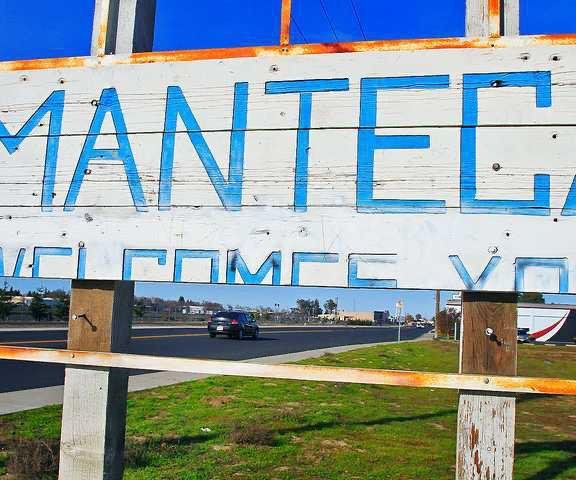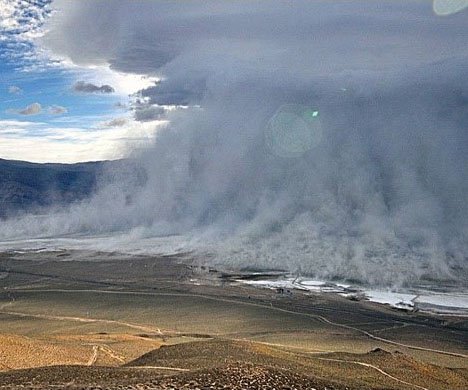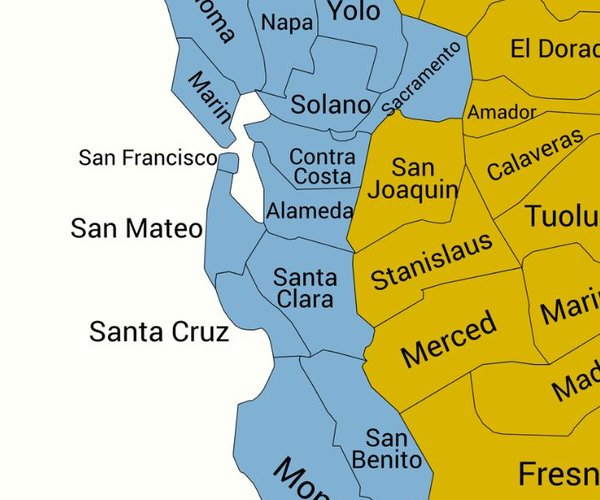If you really believe legalizing marijuana will reduce black market sales substantially the obvious question is “what have you been smoking?”
Gov. Jerry Brown on Wednesday brought a bit of honesty to the table when he projected legal pot sales in their first full year will likely generate $643 million and not the $1 billion wild-eyed backers of legalized pot proclaimed it would when campaigning for legalization.
The reason is simple. California is as pro-pot business as it is pro-business anything.
Regulatory rules, taxes, and mandatory testing are all coming together to make a prediction offered by California Growers Association Chair Tawnie Logan in September in an interview with the New York Times come true: Legal pot will cost more than black market pot. At the time of the interview an eighth of an ounce of weed cost $50 in a medicinal dispensary compared to $20 on the black market. Logan expected initial legal sales would be brisk but once the novelty fades of being able to stop by Pot R Us stores people will go back to the black market due to it costing less.
That means, of course, people will still be breaking the law by selling and buying pot illegally. That means pot really won’t be decriminalized much farther than it was when holding an ounce or less of pot was reduced to a misdemeanor.
It also means there won’t be a drop-off in drug cartel activity connected with pot or illicit marijuana grows defined now as anything more than six plants. And since it is legal for adults to use the fear of serious consequences will be softened meaning use and demand is likely to increase.
And benefitting will be the black market given one is not going to pay 2 1/2 times for something. Not only is the black market the definition of criminal activity but it supports other criminal activity in many cases such as gangs.
Perhaps the backers of legalization honesty believed the black market would be forced out of business by virtually every pot user being able to grow their own marijuana legally as long as they don’t exceed six plants per household. It’s wishful thinking on a number of levels. The fact it is substantially less expensive to cook your own meals at home than to dine out hasn’t killed the restaurant market.
There is an incredible black market that’s been in place for years in every nook and cranny of the state. Those people aren’t going to stop growing and selling. And if their business takes an initial hit in areas where you can walk into a storefront and buy pot it’ll be just a matter of time for them to rebound and enjoy even more business. The black market operates at a distinct advantage over the legal brick and mortar pot market as they have less overhead, they aren’t collecting taxes, and marijuana they sell isn’t subject to expensive testing.
The odds are you know somebody who smokes marijuana. If they live in Manteca there is no place close by they can legally buy recreational pot. If they weren’t growing it before its highly unlikely they are going to now due to the inconvenience. So where do you think they’re getting their pot from? The answer is the same place they were before Jan. 1 which is the back market.
It wouldn’t have made much difference if Manteca had legalized recreation or even medicinal pot sales or even if nearby Lathrop, Tracy, of Ripon had.
Short of the federal government legalizing pot use and sales that would open the door for big business to come up with economies of scale as well as a rollback of the state’s testing mandate and marijuana surcharge on top of sales tax, nothing will change. Instead we will revive the catch and mouse era of Moonshiners when law enforcement agencies busted illegal stills over failure to comply with laws that required alcohol to be heavily taxed.
Pot is just like alcohol in so many ways from slowing down reflexes, taking the edge off, masking pain, and the potential to be addictive. But perhaps most important in the context of how California legalized pot with taxes and regulations in such a manner that legal marijuana is significantly more than that sold on the black market essentially assures the law will continue to be broken just like it was during the height of the Moonshine era where the black market for alcohol flourished due to high taxation.
If you think we will see less homes converted into illegal greenhouses or the end of the desecration of watersheds in forests by illegal grows you are living in a fantasy world.
In some ways legalizing pot may have made matters worse if users believe that it is no longer irresponsible to use and then drive or if consequences such as testing positive costing you to lose a job have gone away.
California didn’t go to pot the day after voters approved the legalized use in November 2016 or even 12 days ago when it became legal in parts of California to sell to adults.
California went to pot years ago. And because it did the black market and the unsavory criminal element that often goes with it is firmly entrenched.
The bottom line is legal pot won’t be the savior of government budgets unless the war on illegal grows and sellers is stepped up substantially.
And given the incentive for government to do just that, legalization may indeed make matters worse.
The myth legal pot will rain $$ on government


Latest
-
 The gift Manteca has been given by Caltrans that’s called the new Austin Road interchange
The gift Manteca has been given by Caltrans that’s called the new Austin Road interchange -
 Enjoying trappings of 3-day Labor Day weekend? Then thank labor, they built America
Enjoying trappings of 3-day Labor Day weekend? Then thank labor, they built America -
 True cost of building Newsom’s Delta tunnel can be found in what’s left of Owens Valley
True cost of building Newsom’s Delta tunnel can be found in what’s left of Owens Valley -
 Destroying California as we know it to save the republic: What possibly could go wrong?
Destroying California as we know it to save the republic: What possibly could go wrong?
